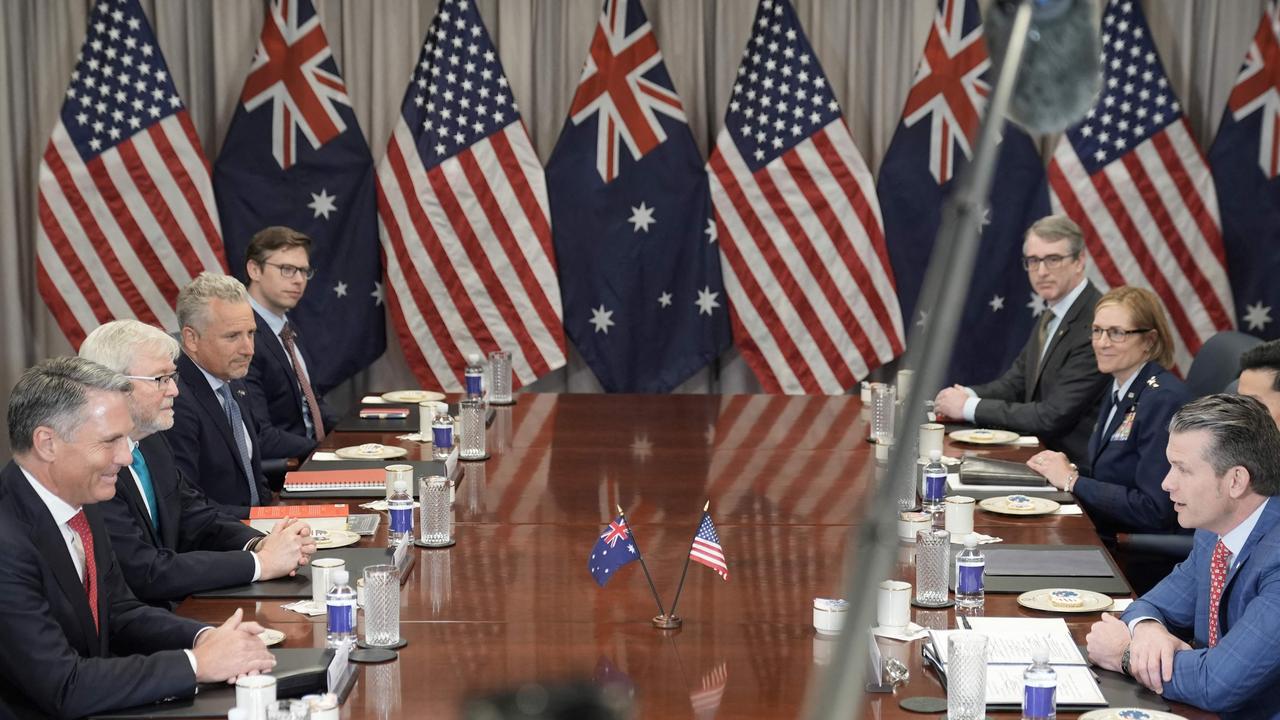‘Reasonable possibilities’ Folbigg didn’t kill babies: Judge
Tom Bathurst KC sensationally announces new evidence suggests Kathleen Folbigg’s four infants likely died from natural causes.
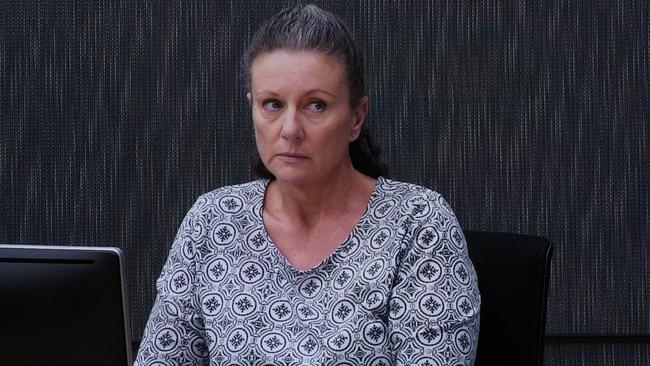
The judge presiding over a landmark inquiry into whether Kathleen Folbigg killed her four children has sensationally announced a new wave of evidence suggests the infants likely died from natural causes, in the latest indication that Folbigg will be set free after 20 years in prison.
Tom Bathurst KC, a former NSW chief justice, on Thursday told the inquiry that “significant” new genetic, pathological and neurological evidence regarding the deaths of the children shone a new light on the case, and may indicate Folbigg’s innocence.
“There is a significant body of evidence now to suggest reasonable possibilities of identifiable natural causes of death,” he said. “That (evidence) wasn’t there at the (2003) trial.”
Bathurst said the 2003 trial, which found Folbigg guilty of the murder of Patrick, Laura and Sarah and the manslaughter of Caleb, relied heavily on Meadow’s Law – a now-discredited formulation created by professor Roy Meadow in 1989 stating: “One sudden infant death is a tragedy, two is suspicious and three is murder until proved otherwise.”
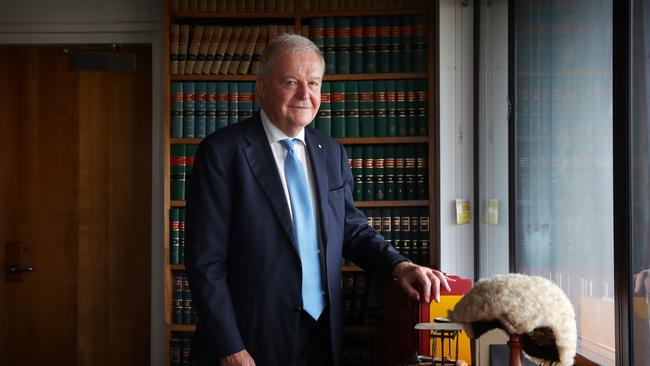
In 2003, Meadow’s Law was a “full blown” formulation relied on in criminal trials, Bathurst said, but is not credible today.
“It’s necessary to demonstrate that the trial to a large extent, whilst not directly referred to Meadow’s Law, was profoundly influenced by the fact that the only explanation for the children dying was murder,” he told the inquiry.
“I think I need to point out in my report … because it was a necessary concomitant of it being full blown, that people can’t be criticised for relying on it.”
Physicians, psychiatrists and researchers have fronted the latest inquiry into whether she killed the children, after new scientific evidence emerged in early 2022 that they may have died of natural causes.
The subject of that research, led by an international team of researchers, regards a variation to a calmodulin-coding gene, CALM2.
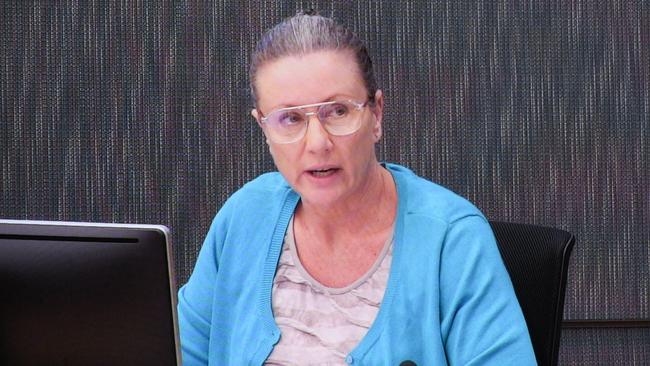
Counsel assisting the inquiry Sophie Callan SC, told Bathurst on Wednesday the variation known as G114R was a “reasonably possible cause” of Sarah and Laura’s deaths.
Further, she found Laura’s myocarditis gave rise to a “strong causal connection” to her death, in addition to the CALM2 gene variation. She also suggested Patrick’s epilepsy likely caused his death.
Folbigg’s submission to the inquiry included criticism that the Crown prosecutor had mishandled the 2003 trial.
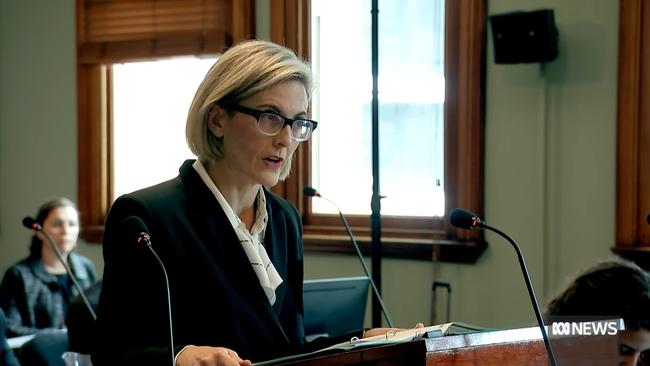
Dean Jordan, SC, appearing for the DPP, argued her submission was unfair as the “substantial and extensive” body of scientific evidence introduced throughout the inquiry was unknown at the time of trial.
“I do need to say something about it, because it’s very important particularly considering the public nature of what is occurring,” Jordan said.
“Within those written submissions there are, to be blunt, highly critical and repetitive statements as to the conduct of the Crown prosecutor. And not only that, there‘s criticism directed towards Chief Judge of Common Law in terms of his pre-trial rulings, there are criticisms directed towards the trial judge, there are criticisms directed towards the appeal courts, post conviction.”
“These criticisms are made now and are to a significant degree made with the considerable benefit of hindsight, and our ultimate submission is that the criticisms that are put, and certainly the way that they are put, is not something that should be accepted at this point in time.”
The inquiry has now concluded. There is no indication of when Bathurst will deliver his findings.


